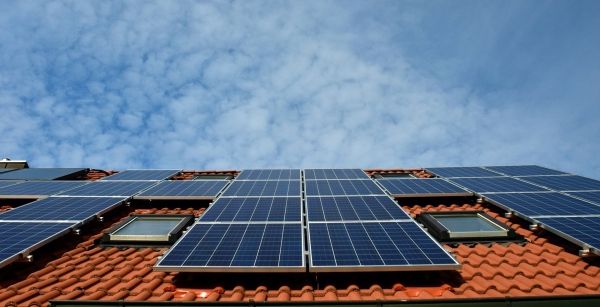Renewable energy that feeds into the main power grid could destabilise the system and potentially cause power failures according to a new study.
Mathematicians from the University of Nottingham used data from smart meters to track how grid composition changes over time and found resilience varies over the course of a day and that a high uptake of solar panels can leave the grid more susceptible to failure. Their findings have been published today in Science Advances.
Domestic renewable energy generation is growing rapidly with just over one million small-scale solar Photo-Voltaic(PV) systems in the UK. These small-scale, renewable generators are low- output and intermittent and often distributed across and embedded within power grids in large numbers.
Household generation forms a key component of the integration of renewables and includes the ‘feed in tariff’ which pays the producer for supplying their stored power back upstream to the grid. This supply of power is unpredictable with generators coming on and off-line intermittently and households adopting the role of consumers or producers asdaily and seasonal usage, and meteorological conditions vary. These fluctuations can put the grid at risk of system failures.
Read more at: University of Nottingham
Photo Credit: ulleo via Pixabay


